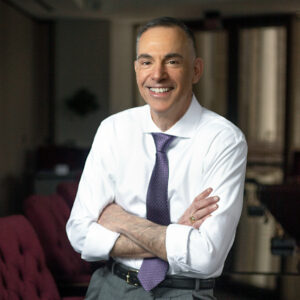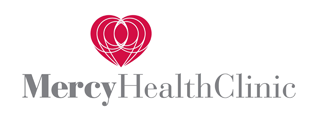It’s Back-to-School Time and Mercy’s Adolescent Medicine Team is Ready
Two years ago, Mercy launched a new program to provide healthcare for adolescents, aged 13-17. Mercy now serves more than 300 youth as primary provider, or as a secondary provider supporting health and wellness centers at five local schools (Watkins Mill, Gaithersburg and Seneca Valley high schools, and Gaithersburg and Summit Hall Elementary schools). Our adolescent patients are primarily immigrants who face many of the same challenges as our adult patients including poverty, food insecurity and lack of access to healthy foods.
The partnership with the schools benefits both patients and the schools. Mercy recently cared for a student referred to us because of a painful toe infection that the school nursing staff did not feel comfortable handling. One of our specialists treated the patient and trained the nurse practitioner at the school in how provide treatment, increasing their capacity to provide future care.
Our medical practitioners, many of whom are volunteers, provide age appropriate health screenings and recommended vaccines like the HPV vaccine.
 “Prevention is an important part of what we do,” explains Richard Ricciardi, PhD, CRNP, a volunteer medical provider working with our youth patients. “One of the key things we can do at Mercy is to identify and address health issues in adolescence so we can prevent them from becoming chronic conditions in the future.”
“Prevention is an important part of what we do,” explains Richard Ricciardi, PhD, CRNP, a volunteer medical provider working with our youth patients. “One of the key things we can do at Mercy is to identify and address health issues in adolescence so we can prevent them from becoming chronic conditions in the future.”
Mental health support is a focus of medical visits as well. Like teens across our community, many of our adolescents need mental health services, including access to therapists and medications. This support is especially critical for those patients who experienced severe trauma in childhood or are experiencing ongoing stress.
Mercy remains committed to reducing barriers to healthcare, for youth and adults.
“As we work with our youth population, we learn more about their specific health needs,” explains Mark Foraker, president and CEO of Mercy. “We will also be looking see what gaps in existing services exist that Mercy may be able to fill.”



